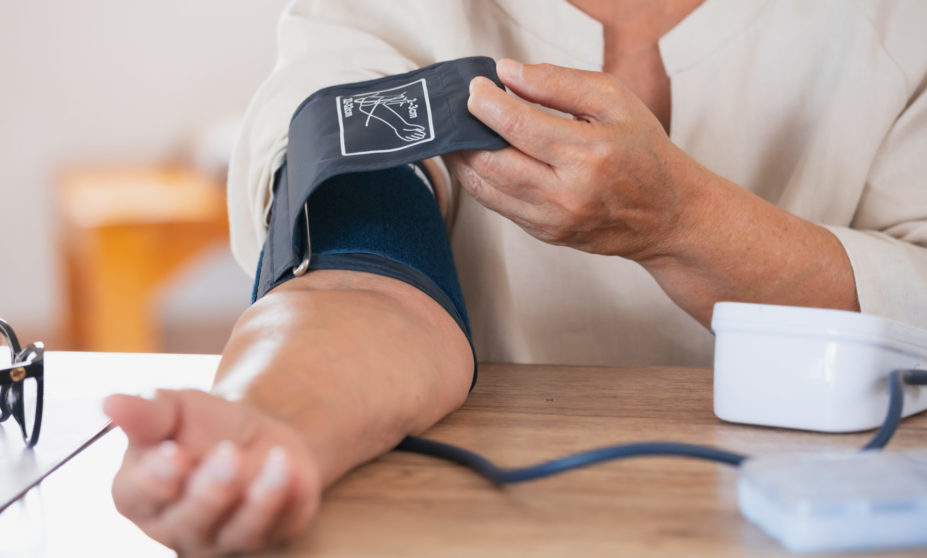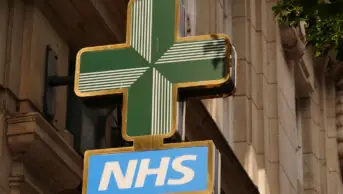
Shutterstock.com
Community pharmacies in England carried out more than 31,000 interventions in the first three months of the hypertension case-finding advanced service, NHS data show.
The data, published monthly by NHS Business Services Authority, reveal that 923 community pharmacies administered 30,607 blood pressure (BP) checks between the launch of the ‘NHS community pharmacy blood pressure check service‘ on 1 October 2021 and the end of December 2021.
The figures also show that 144 of these pharmacies also claimed for 542 ambulatory blood pressure monitoring (ABPM) interventions under the service, which record an average BP over 24 hours.
Patients are eligible for ABPM if they are found to have a BP of between 140/90mmHg and 179/119mmHg; however, pharmacies will also offer ABPM if they are asked to do so by a GP practice.
The BP check service aims to identify people aged 40 years or older with high BP who have previously not had a confirmed diagnosis of hypertension and refer them to general practice to confirm the diagnosis.
In August 2021, NHS England agreed to provide incentives to pharmacies that meet certain thresholds of activity through the service.
Pharmacies that provide at least five ABPM interventions in 2021/2022 can claim £1,000, with a further £400 paid in 2022/2023 to pharmacies providing at least 15 ABPM interventions. Another £400 will be paid to pharmacies that provide at least 20 ABPM interventions in 2023/2024.
As of December 2021, 35 pharmacies in England had already met the threshold to claim an incentive payment in 2021/2022.
Despite receiving claims from fewer than 1,000 pharmacies, NHS England previously noted that 3,938 community pharmacies had signed up to provide the service as of 31 December 2021.
Paul Wright, lead cardiac pharmacist for Barts Heart Centre at Barts Health NHS Trust, said “early detection and treatment interventions” were key to the success of NHS targets “to prevent up to 150,000 heart attacks, strokes and dementia cases over the next ten years”.
“The fantastic early work here demonstrates the value and ability of community pharmacies to conduct a significant number of blood pressure checks, and for those with elevated results, ambulatory blood pressure monitoring organised to identify those that require further intervention to lower cardiovascular risk and with it a reduction in events,” he said.
“It is likely that the impact will be gradually noted over the coming years, with an increase in identification and early treatment and risk factor reduction leading to lower rates of cardiovascular events.”
Alastair Buxton, director of NHS services at the Pharmaceutical Services Negotiating Committee, said: “It is great to see that many pharmacy teams are now starting to fully engage with this important service and we expect many more will do so over the next few months as time allows.
“The service has the potential to make a big difference to the health of individuals and to have an impact on reducing health inequalities within our local communities, with pharmacy teams well placed to play a greater part in tackling CVD, alongside general practice colleagues.”
Read more: Majority of patients being treated for hypertension do not have blood pressure control


